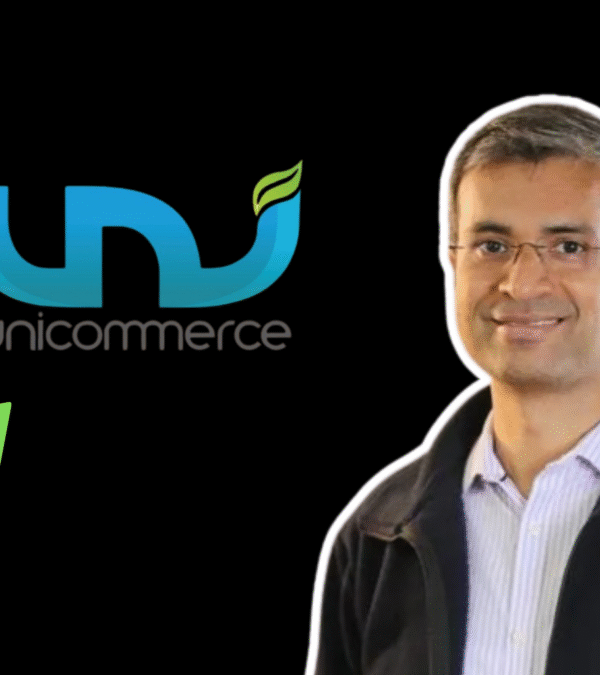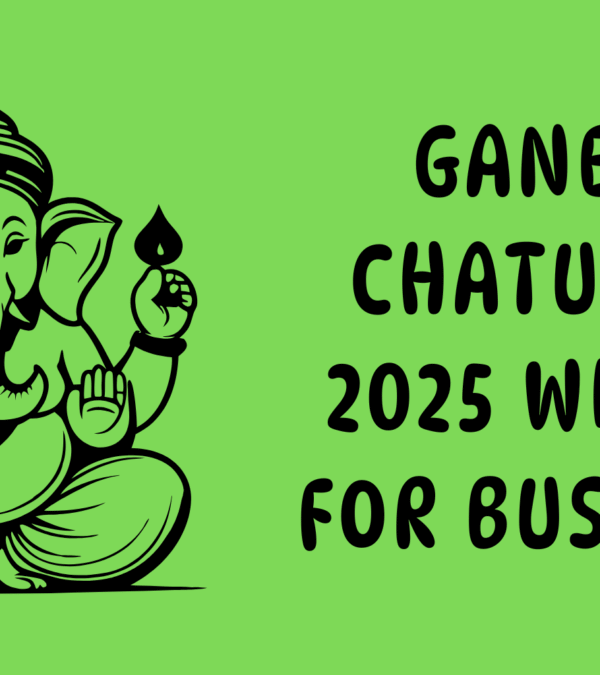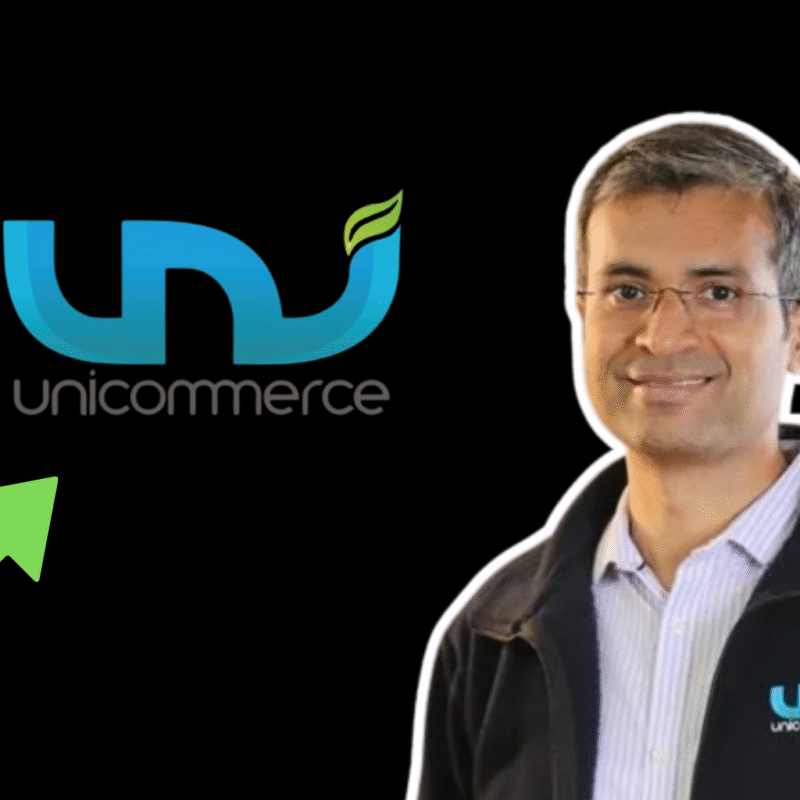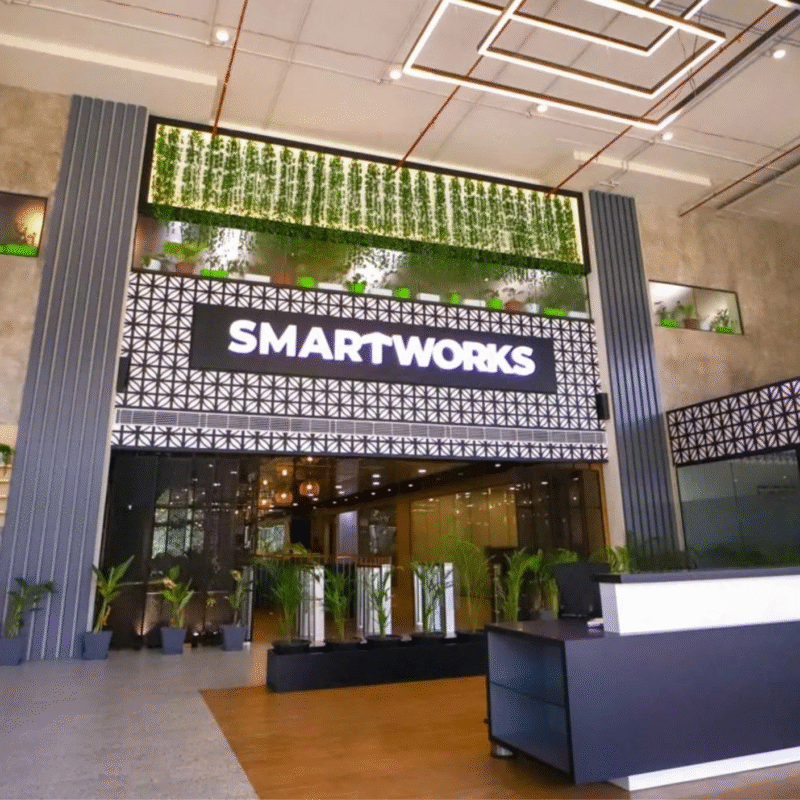5 Reasons why Tier-2 Cities Are Emerging as Startup Hubs

For years, if you had a startup dream in India, you packed your bags for Bengaluru, Mumbai, or Delhi. That’s where the action was—tech parks, investors, meetups, and the kind of energy startups thrive on. But lately, there’s been a quiet, steady shift. Founders are looking beyond the big cities. Places like Indore, Jaipur, Surat, and Coimbatore are showing up on the startup map—not just as footnotes.
It’s not a fluke. The rise of Tier-2 cities as serious players in India’s startup ecosystem is real, and there are a few good reasons why it’s happening.
It’s Cheaper—and That Matters
Starting up is expensive. Office space in Bengaluru or Mumbai can burn through your budget before you even build a prototype. But in cities like Bhopal or Kochi, you can get decent office space for a fraction of the cost. One can manage expenses like salaries and living costs which is a blessing for a new founder who is still trying to figure things out.
Remote Work Changed the Rules
COVID taught us a lot of hard lessons, but one silver lining was this: you don’t need to be in a metro to build something meaningful. Founders and teams started working remotely, often from their hometowns. And many never went back. Why would they? With a laptop and a solid internet connection, they realized they could build from anywhere. That shift didn’t go unnoticed. Coworking spaces popped up. Local networks grew stronger. And suddenly, Tier-2 cities weren’t just cheaper—they were viable.
Support Is Showing Up
For once, government programs are lining up with ground-level energy. Initiatives like Startup India, and state-run accelerators—like the Kerala Startup Mission or Startup Odisha—are giving early-stage founders the kind of support that used to be reserved for metro hubs. They’re offering seed grants, mentorship, and infrastructure, and it’s starting to make a difference. Even private players are taking note. More VCs are scouting outside metro circles, and angel networks are starting to form in cities that used to be off their radar.
Talent Isn’t Just in Metros Anymore
Engineering and business grads aren’t all heading to Bengaluru now. A lot of them are sticking around in their hometowns, especially as job opportunities grow locally. And companies are realizing something else: employees in Tier-2 cities tend to stick around longer and this sort of stability is rare and valuable.
Founders Want a Better Quality of Life
Founders for startups these days prefer life balance over experiencing the burnout one can feel in metro cities due to exhausting lifestyles and higher expenses. They’re building startups while staying closer to family, breathing cleaner air, and enjoying the process. And as it turns out, that slower pace can often lead to better decisions.














